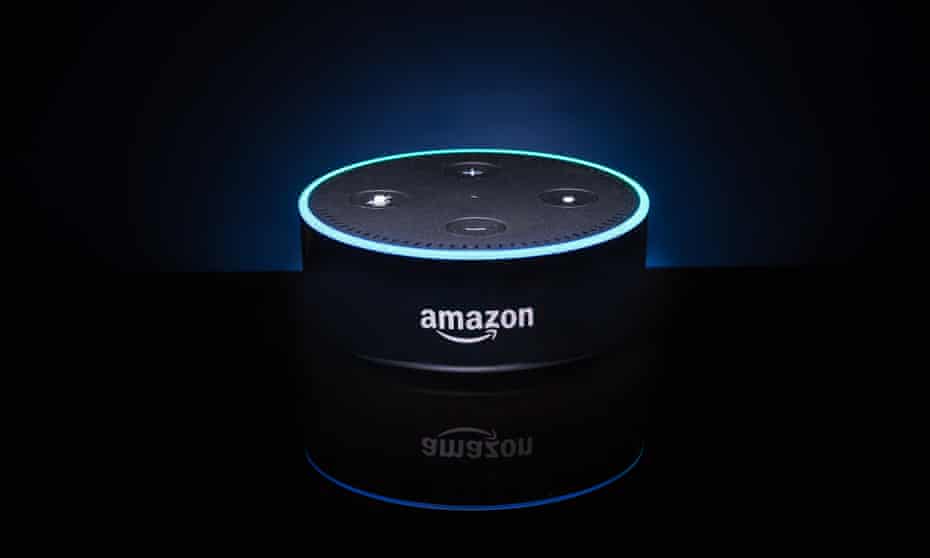By now you have heard that Amazon has revealed an experimental Alexa feature that allows the AI assistant to mimic the voices of users’ dead relatives. While this might be merely an odd curiosity for the adult, it is a particular danger to the child. The company demoed the feature at its annual MARS conference, showing a video in which a child asks Alexa to read a bedtime story in the voice of his dead grandmother. So to the child, hearing grandma speak through Alexa, grandma lives not by divine will and purpose but by the mystery of technology that lives in a box. “As you saw in this experience, instead of Alexa’s voice reading the book, it’s the kid’s grandma’s voice,” said Rohit Prasad, Amazon’s head scientist for Alexa AI. Prasad introduced the clip by saying that adding “human attributes” to AI systems was increasingly important “in these times of the ongoing pandemic, when so many of us have lost someone we love.” “While AI can’t eliminate that pain of loss, it can definitely make their memories last,” said Prasad.
Well, isn't that just wonderful. The loss of loved ones is appeased and broken hearts repaired through algorithms and computer chips that give us what we really want -- not a genuine eternal life but the appearance of still being among us in some vague spiritual, technological manner. Once again we have proved how foolish we are to trade the reality that God offers in Christ for a sham and a fake truth that can console our feelings for the moment but offers nothing really to hold onto for tomorrow.

For small congregations with a vacancy, maybe the experimental Alexa feature would allow the AI assistant to mimic the voice of some famous Lutheran pastor to deliver one of his sermons available on the internet.
ReplyDeleteFurthermore, the software technology may already be here to use a picture of the pastor to display a realistic video of that pastor speaking his own sermon, in whatever vestments are appropriate for that liturgical season.